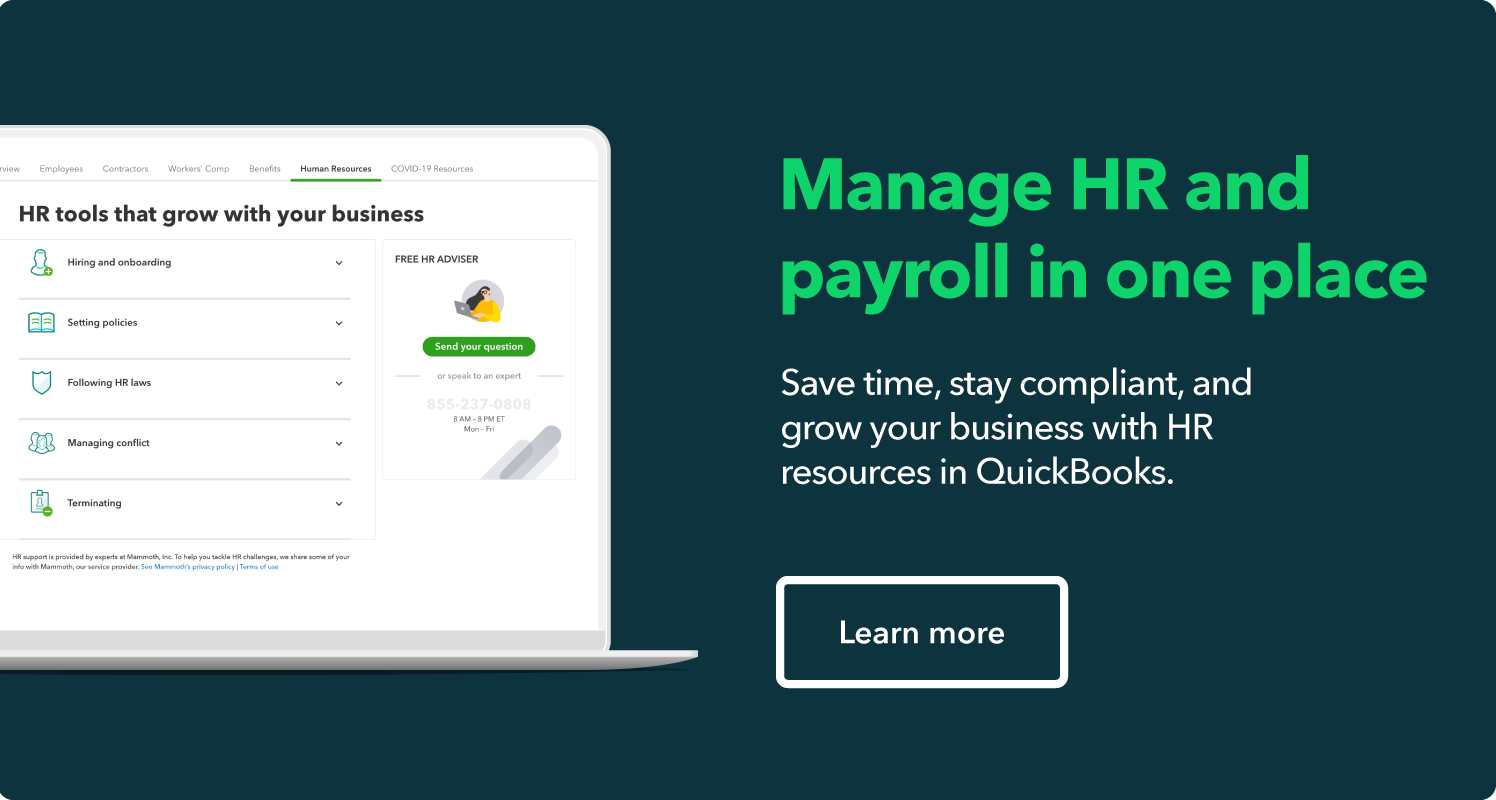There are many steps to processing payroll. The federal government implements their own regulations such as paying employment insurance premiums, and Canada Pension Plan contributions. However each province has their own set of regulations that employers are required to follow. This guide will help employers in Newfoundland and Labrador ensure they are meeting their province’s requirements.

Newfoundland & Labrador Payroll Guide
Newfoundland Minimum Wage
The provincial government of Newfoundland has increased the minimum wage by $0.25 cents to $12.75 per hour, effective October 1, 2021. This rate applies to those 16 years of age and older and is the fourth increase to the minimum wage as announced in February 2020.
In accordance with Section 30 of the Newfoundland Labour Standards Act, a review of the minimum wage is required every two years which will be completed in early 2022.
Minimum age
If a child is over the age of 14 and has written permission from the child’s parent or legal guardian, they are able to work, so long as that work is in no way harmful to the child. However, the child cannot work more than three hours on any given school day, and eight hours on any other day. Children also cannot work between the hours of 10 PM and 7 AM, or be employed while regular workers are on strike,
Hours of Work
The standard working hours in a week is 40 hours in Newfoundland and Labrador. Any hours worked over these 40 hours is considered overtime and must therefore be paid at the minimum overtime rate, which is 1 and half times the employee’s regulated pay rate.
However, if an employer approves a written request for one employee to switch/pick up shifts from another employee and this results in the affected employee(s) working more than 40 hours in a week, the employer is not required to pay overtime to the employees involved.
Overtime is also exempt if the employee is raising livestock, is an agriculture employee, is a live-in housekeeper or baby-sitter where there is an arrangement for time off.
Employers are required all employees 24 consecutive hours off work in each week of employment. When possible, the day off should be a Sunday. However, certain exemptions of this requirement include:
- Employees working outside of the regulations, including those with collective agreements, employees employed in a remote area, or crew members of ferry boats
- Employees exempted under Section 22 of the Labour Standards Act
- Employees working in emergency care
An employer must provide employees with no less than 8 consecutive hours off work in each 24 hour period of employment. However, in cases of emergencies in the event of an imminent hazard to life or property, this does not apply. These 8 hours must be in addition to the required breaks in a given work day.
Employers must also permit employees to take an unbroken rest period of 1 hour following every 5 consecutive hours of employment. Rest periods can differ so long as they are agreed upon in a written contract or collective agreement. The employee does not have to be paid for this break, unless the employer possesses the right to direct and control employees' work during the rest period.
If an employee is called into work and is not required to work for at least 3 hours, the employer must allow the employee to work those 3 hours, or pay them for any unworked portion of that time, at the minimum wage rate or the minimum overtime rate, depending on the situation.
However if an employee is only scheduled to work for 2 hours, then the employee only needs to be paid for 2 hours hours and their wage.
Workers Compensation Newfoundland and Labrador
WorkplaceNL provides injury insurance coverage for your business and employees. Employers that do business and have employees in Newfoundland and Labrador need to register with WorkplaceNL and pay assessments based on their workers’ earnings. This includes employees that are full-time, part-time, or casual as well as any subcontractors that your business may hire.
On January 1, 2022 WorkplaceNL held the average assessment rate paid by employers at $1.69 per $100 of payroll. This includes a temporary $0.21 average discount. With this development, 73% of employers should have no change, or a lower annual assessment rate while 27% of employers should have a higher rate in 2022.
Industries possessing the largest decrease in assessment rates include logging and forestry at 15%, and agriculture at 14%. Industries with the highest increase include educational services at 8% and finance and insurance at 5%.
Employers pay these assessments to cover projected costs of work-related injuries and illnesses, as well as return-to-work programs, and prevention initiatives and administration. The registered employer payroll undiscounted combined cost will remain at $1.90 per $100.
For 2022, the maximum compensable and assessable earnings (MCAE) that can be used to calculate assessments paid by employers increases by 1.5%, from $67,985 to $69,005. This increase reflects the annual Consumer Price Index adjustment. At the same time, wage-loss benefits for injured employees submitting a new claim, who earned pre-injury wages of $69,005 or more, will now be calculated using this new limit.
Payroll Deductions and Remittances Newfoundland and Labrador
Deductions that are taken from employee wages include:
- Income Tax
- Employment Insurance and Canadian Pension Plan contributions
- Deductions on a group benefit plan in which the employee participates
- Overpayment of wages
- Savings plan deductions
- Overpayment on unused portions of travel advances
- Sums deducted or withheld under court order
- Rental charges in the case the employee occupies the employer’s premises
The deductions an employer is not allowed to make on employee wages include:
- Bad cheques, cash shortages, or charge cards
- Paying for a uniform that is unique to the employer’s business and is identified with its operations (ie logo)
- Should an employee damage an employer’s property, product, or possesses an outstanding account with the employer
Health and Post Secondary Education Tax (Payroll Tax)
Newfoundland employers whose total payroll does not exceed $1.3 million are not required to to pay this payroll tax.
Employers associated with other corporations and are in partnership with other employers must file an allocation agreement outlining the purposes of allocating the exemption threshold.
If an employer exceeds the $1.3 million threshold, then he must contribute 2% of his gross annual payroll to this fund.
It is advised that all employers in Newfoundland and Labrador should file an Annual Declaration Return form, with copies of their T4 and/or T4 Summaries for the relevant year. Should employers file their returns or make payments later than the due date, the Department of Finance may levy penalties against them.
Pay Statements
Employees can be paid through physical cheque or direct deposit. By legislation, Newfoundland legislation asserts that pay statements must contain the following basic personal information (though employers may include additional items):
- Dates of pay periods
- Rate of pay
- Total hours worked
- Gross earnings
- Vacation pay
- Net Pay
- Itemized Deductions
- Overtime rate
Leave of Absence in Newfoundland and Labrador
Vacation pay
- Working for a minimum of 5 days and up to 15 years - entitled to 2 weeks of vacation or up to 4% of gross wages
- Working for 15 years or more - entitled to 3 weeks of vacation or 6% of gross wages
Vacation pay must be paid 1 day before going on vacation or within one week of termination. Employers can choose to pay vacation pay each pay period, so long as the employee is notified and the vacation pay amount is shown in the employer’s payroll.
Should an employee not qualify for annual vacation, they are still entitled to vacation pay provided the employee has been working for the employer for at least 5 working days.
Termination Notice
Notice of termination must be supplied in writing if an employee has been employed by the business for 3 months or more.
The termination notice for groups of people are as follows (written notice needs to be given to each employee separately):
- 8 weeks for 50 to 199 employees
- 12 weeks for 200 to 499 employees
- 16 weeks for 500 or more employees
With QuickBooks Online you can manage your business accounting and payroll in one place. By letting us do the math, you will always stay on top of tax rates, which will help keep your payroll accurate and on time. You will also have access to features like time and compensation tracking, payroll forms, employee reports and more. Streamline your payroll process with QuickBooks Online today.
Disclaimer
Money movement services are provided by Intuit Canada Payments Inc.
This content is for information purposes only and should not be considered legal, accounting or tax advice, or a substitute for obtaining such advice specific to your business. Additional information and exceptions may apply. Applicable laws may vary by region, province, state or locality. No assurance is given that the information is comprehensive in its coverage or that it is suitable in dealing with a customer’s particular situation. Intuit does not have any responsibility for updating or revising any information presented herein. Accordingly, the information provided should not be relied upon as a substitute for independent research. Intuit does not warrant that the material contained herein will continue to be accurate nor that it is completely free of errors when published. Readers should verify statements before relying on them.
We provide third-party links as a convenience and for informational purposes only. Intuit does not endorse or approve these products and services, or the opinions of these corporations or organizations or individuals. Intuit accepts no responsibility for the accuracy, legality, or content on these sites.



